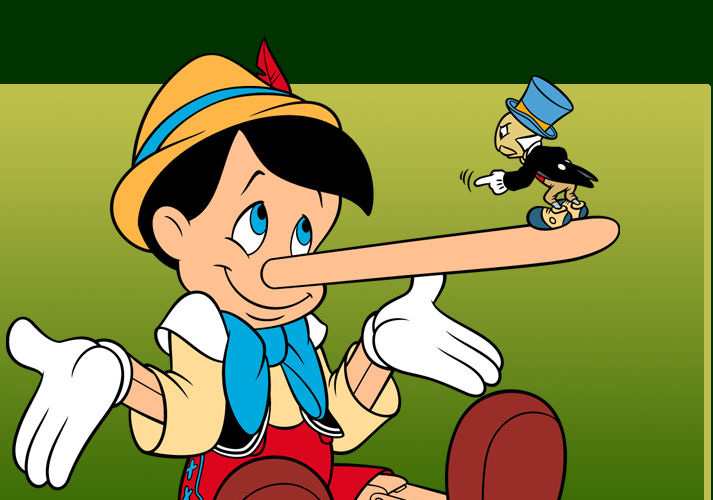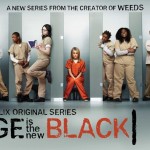Richard Gunderman touts the benefits of honesty in his recent piece for The Atlantic, “Is Lying Bad for Us?” Considering factors from physiology to personal awareness, Gunderman makes a case for value of truthfulness in a piece that reflects the difficulty of justifying virtues on their intrinsic merit in a society with a declining sense of moral objectivity.
Gunderman’s piece begins by surveying the current state of honesty in America. He reports that people lie not only to avoid embarrassment, but also to benefit themselves in situations where lying has few negative ramifications. To Gunderman, society has shifted from a paradigm where honesty is valued as an intrinsically good virtue, to where “honesty is for the unsophisticated,” for those who cannot bend the truth in order to achieve their own aims.
Possibly perturbed by this rejection of intuitive character values, Gunderman attempts to justify honesty’s importance by emphasizing its benefits. As a physician, he primarily notes honesty’s health effects. According to a recent study, individuals who reduce their frequency of lying have fewer mental and physical health complaints. As an appeal to personal self-interest, Gunderman believes this argument might indeed inspire a number of individuals to be more honest. However, he acknowledges that this doesn’t address honesty’s value beyond self-improvement. If honesty has no intrinsic value, in a counterfactual world where honestly had no bad health effects, what would make it preferable to self-serving dishonesty?
While Gunderman briefly notes that honesty can benefit society at large, the final thrust of his argument is, once again, an appeal to self-betterment. Referencing Sartre, Gunderman argues that lying to others contorts one’s own perceptions of the world, eventually leading to an “inauthentic and irresponsible” lifestyle. He insists that, “To tell the truth is to live authentically and responsibly, to really live.” This final push does little to forward an intrinsic value of truth, and really just circles back to Gunderman’s own belief that honesty is central to an abundant life. But again, he fails to clearly demonstrate how being authentic to “really live” is more justifiable than manipulating others to “really live.”
All his arguments, then, largely reduce to appeals to human self-interest. Admittedly frustrated with this outcome, he questions, “Do we want to live in families, communities, or societies where truth telling needs to be incentivized?” While Gunderman perhaps could have made stronger arguments around the benefits of honesty in developing relationships and preserving society’s well-being, his article is symptomatic of the bewilderment that accompanies today’s growing moral relativism. Gunderman clearly believes in the virtue of honesty, yet acknowledges that society’s collective conscience doesn’t think much of massaging facts for personal gain, especially when consequences are minimal. He realizes that he cannot justify honesty on any of its intrinsic merits in a morally relative context, but must rather argue that it is useful for personal gain, a stance that can just as easily be applied in supporting dishonesty.
The de-valuing of honesty hints at a general decline of Judeo-Christian moral values in a secular America. It also suggests the difficulty of justifying moral absolutes in a secular context. As Glenn Tinder put it in his piece “Can we be good without God?” for a much older edition of The Atlantic:
Enlightenment rationalism…has translated certain Christian values into secular terms and, in an age becoming increasingly secular, has given them political force. It is doubtful, however, that it could have created those values or that it can provide them with adequate metaphysical foundations. Hence if Christianity declines and dies in coming decades, our moral universe and also the relatively humane political universe that it supports will be in peril…
As American society becomes less religious, the Christian virtues that have underscored both large-scale politics and individual morality for centuries will become increasingly unjustifiable on non-religious terms. As humanism rapidly breaks down, failing to provide “adequate metaphysical foundations” for intuitively-held Christian values, Tinder argues that our “moral and political universe will be in peril.” However, this does not necessarily mean “death to Christianity,” but rather an apologetic opportunity to be ready and waiting with Christianity as the justification for the virtues many, like Gunderman, hold dear.













